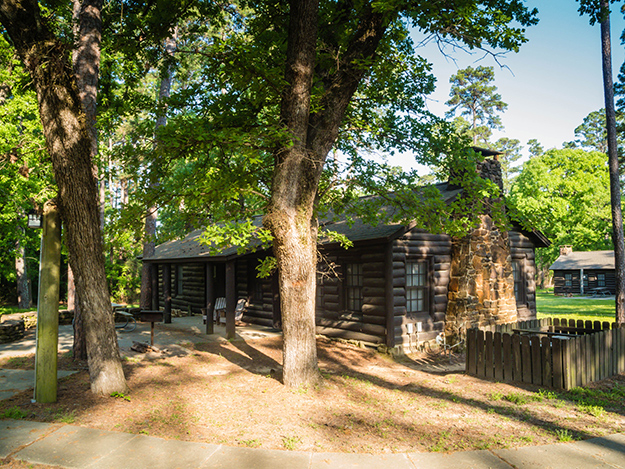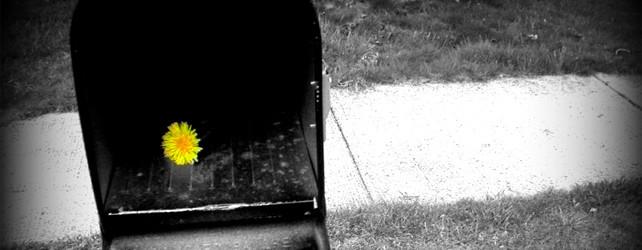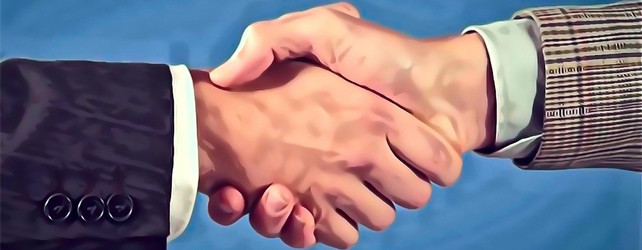While I’m not the most worldly traveler — having never seen another country outside of Canada — when it comes to the United States, I’ve seen quite a bit. I carry with me parts of the places I have been.
I’ve been fortunate to have traveled a fair amount on my own, finding comfort in the sounds that only I’ve created. While others on business trips find the nearest bar so they can drink into the night and talk about old jobs where they did exactly the same, I’m more likely to head out in search of places many locals never find.
If I’m there, why not see all a place has to offer?
East Texas
I’ve hiked around the Pacific Northwest and wandered through alleys in Seattle in search of the kinds of restaurants that look like a movie set from another country. I’ve driven across the desert Southwest in a huge boat-of-a-car painted in house paint
. I’ve juggled beneath the cottonwood tree in front of the lodge at Zion National Park; also among the pillars of Bryce Canyon, and even on the edge of the Grand Canyon. I spent two months in Atlanta on my own, becoming enough of a regular at a vegan soul food restaurant that when I went in for brunch on the weekend — knowing I was in a strange town and away from my wife — they packed lunch and dinner in my to-go bag just because that’s the kind of people they were.
I’ve been all over the US, sleeping under trees and beneath the stars, but I’m not sure I’ve seen any place as magical as the woods of East Texas.
Retreat
Last week, a friend and I left the day jobs behind and took off for Caddo Lake State Park for our annual writing retreat. I’d been there twice before, when I got my first travel writing assignment for the Dallas Morning News. It was nice to finally see it in spring. Pollen be damned, once the car doors opened, the smell of pines brought me back to being a kid camping in Wisconsin and Canada. It was like returning to a home that was never wholly mine, but still a location that came with a sense of belonging like few places I’ve ever been.
A long weekend retreat is no different for productivity than taking a Friday off and staying home to write. Hell, I could probably get more writing done at home if I dedicated a weekend to writing, but that’s not what a retreat is about.
Last weekend was a commitment to something I do not have to do. I’ve heard many writers say, “I have to write!” as though they were in pain. It always struck me as a bit dramatic, a way to convince themselves they are a writer only in some perceived mood because many times it’s not backed by action. The annual retreat is a reminder that I am serious about this thing I do not have to do; it’s something I carry with me even after I’ve packed up and left.
The World Will Not Win
So cut me off in traffic, yell at your kid in the grocery store, or try to bombard me with advertising. I won’t let you in because, in my head, it’s still a silent night in East Texas that cannot be taken from me. It’s also the sound of the pine trees of Lake of the Woods in Ontario. It’s a sky full of stars on a mountain top in Utah or the ocean below me as I hike past the sign in Oregon warning hikers that bears are in the area. It’s the slapping of juggling clubs in the hands of jugglers at a weekly gathering in Atlanta or even walking a Chicago neighborhood to get a beef sandwich at three in the morning when the big city is as asleep as it ever gets, slumbering with one eye open.
My head is full of the sound of corn and wheat in the breeze and waters rushing by with enough fury to carve canyons or gently lapping at the rocky banks of lakes as big as oceans. These are the locations that, once visited and experienced, never leave your head.
There is an agreement struck with these places: “Give yourself to me for even a moment, and I will always walk with you.”









